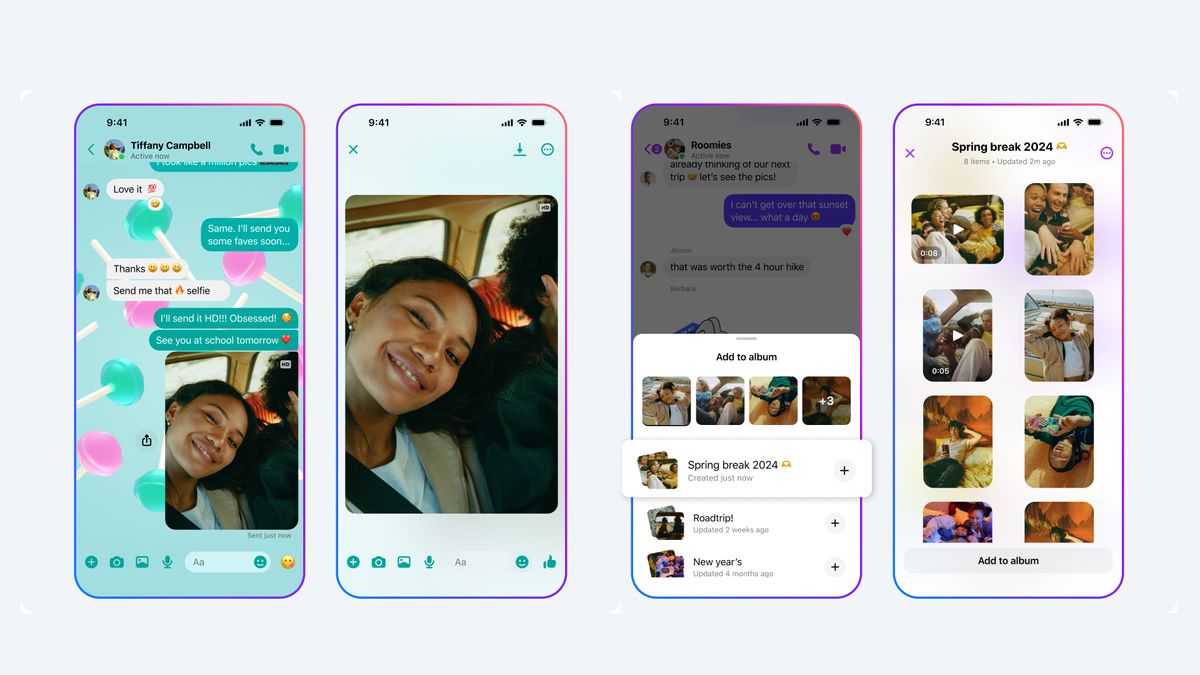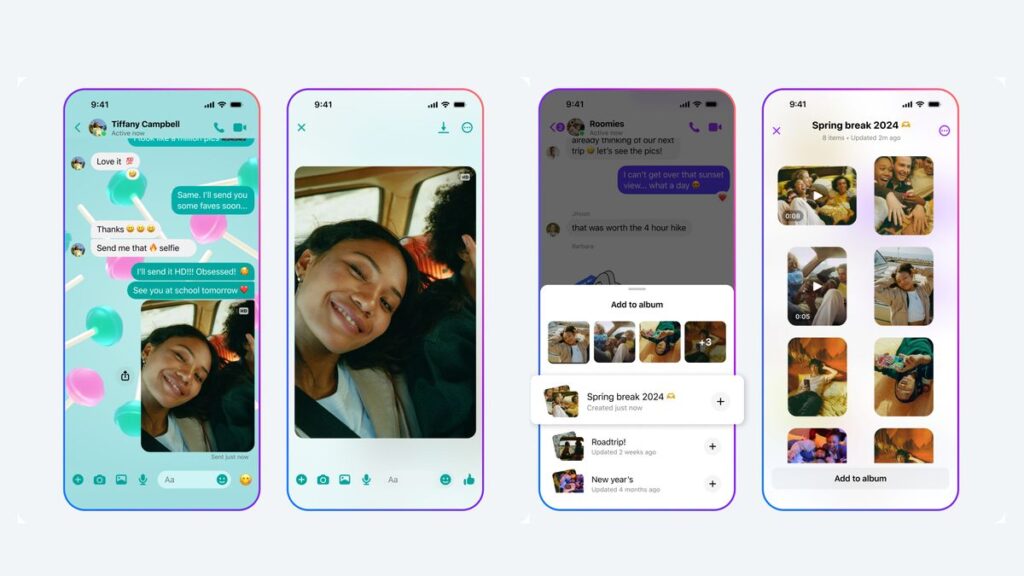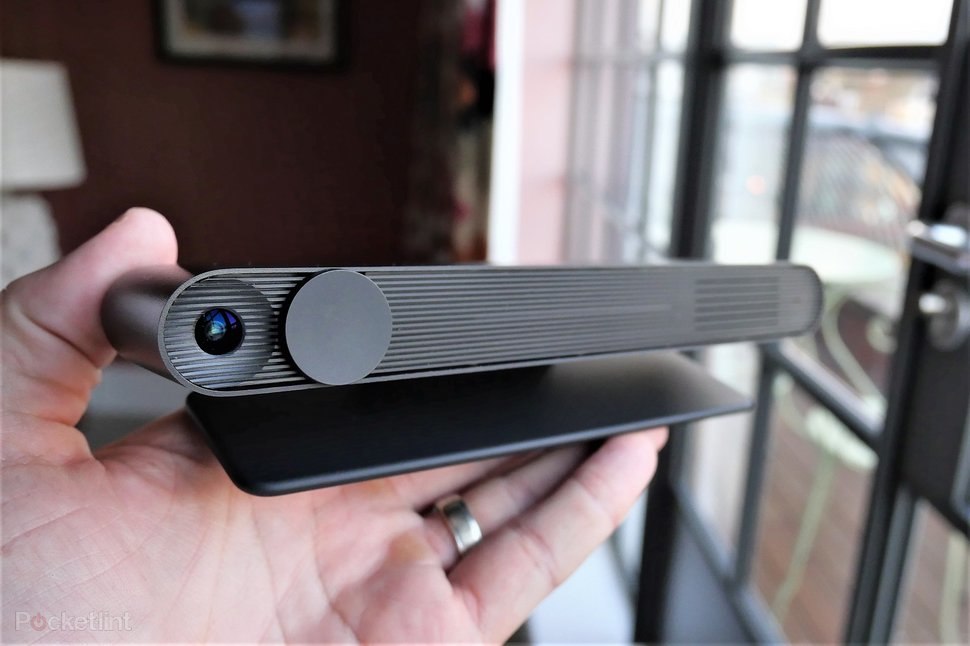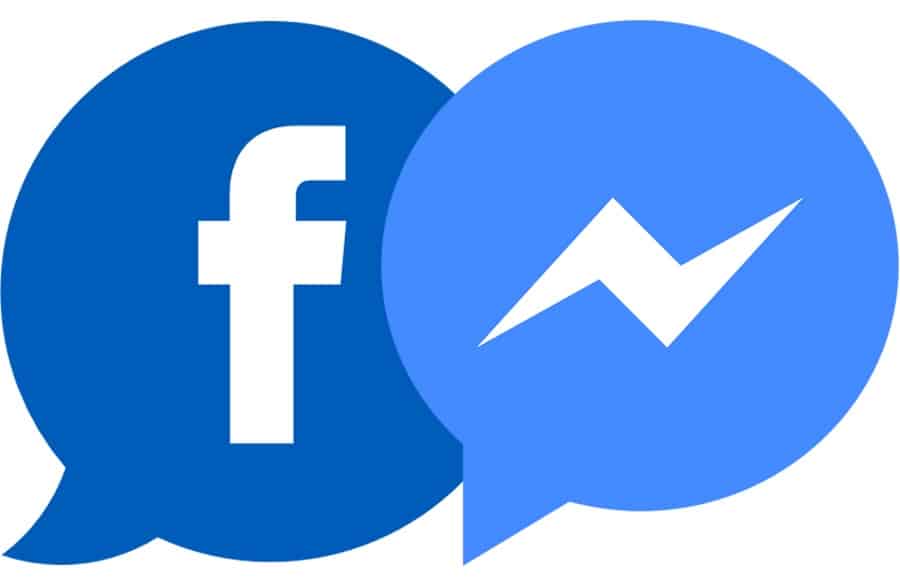Facebook Messenger Enhances User Experience with HD Photos, Shared Albums, and Expanded File Sharing
In a significant update aimed at improving the user experience, Facebook Messenger has introduced a several of new features, including support for high-definition (HD) photos, the ability to create shared albums, and increased limits for file sharing. These updates are designed to improve the quality of interactions and facilitate easier sharing between users, further strengthening the messenger’s position as a leading platform for personal and group communication.
High-Definition Photos for Crystal-Clear Memories

Image Source: tomsguide.com
Understanding the importance of quality in media sharing, Facebook Messenger has now enabled users to send and receive photos in HD quality. This update ensures that images retain their clarity and detail, making photo sharing a more vibrant and enjoyable experience. Whether it’s capturing a breathtaking landscape or a special moment with loved ones, users can now rely on Messenger to deliver photos that look as good as when they were taken.
Shared Albums to Keep Memories Together
In addition to HD photos, the messenger has introduced the concept of shared albums. This feature allows users to create albums collaboratively within the chat, where everyone can add their own photos. Shared albums are perfect for compiling memories from group events, trips, or projects, making it easier than ever to keep all related photos in one place. This collaborative feature encourages a sense of community and shared memories between friends and family members.
Bigger Files, Broader Sharing
Recognizing the diverse needs of its user base, Facebook Messenger has also expanded its file-sharing capabilities. Users can now send large files directly through the messaging service, making it a more versatile tool for both personal and business communication. This upgrade addresses the growing demand for sharing extensive documents, presentations, and other types of files that exceed previous size limits.
A Seamless and Integrated Experience
These updates are part of Facebook Messenger’s ongoing efforts to provide a seamless, integrated experience for its users. Messenger aims to remain at the forefront of digital communications by continuously introducing innovative features and improvements. The platform’s commitment to increasing connectivity and interaction between its users is evident in these latest updates, which are expected to be well received by the messenger community.
Conclusion
As digital communications continues to evolve, Facebook Messenger’s latest updates reflect its dedication to user needs and embracing technological advancements. By supporting HD photos, shared albums, and large file shares, the Messenger is not only increasing the quality of shared content but also fostering a more connected and collaborative environment for its users. These updates are available now, ensuring that Messenger remains a platform of choice for millions of people around the world who want to share their moments and documents with ease and clarity.




